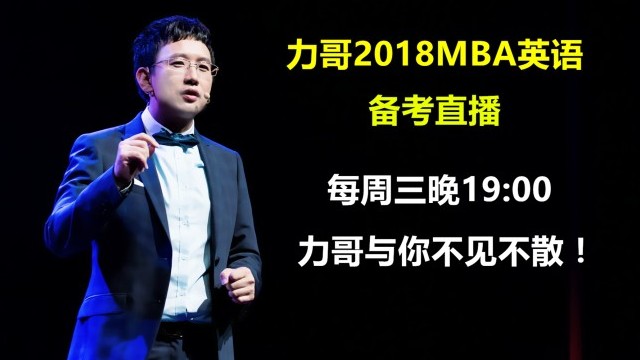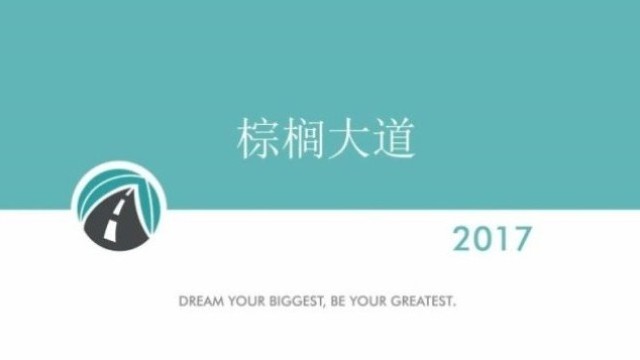2012成人高考英語(高起點(diǎn))精選模擬題及答案二
Passage One
In ancient times wealth was measured and exchanged in things that could be touched: food, tools, and precious metals and stones. Then the barter system was replaced by coins, which still had real value since they were pieces of rare metal. Coins were followed by fiat money, paper notes that have value only because everyone agrees to accept them.
Today electronic monetary systems are gradually being introduced that will transform money into even less tangible forms, reducing it to a series of “bits and bytes”, or units of computerized information, going between machines at the speed of light. Already, electronic fund transfer allows money to be instantly sent and received by different banks, companies, and countries through computers and telecommunications devices.
61. Which of the following would be the most appropriate title for the passage?
A. International Banking Policies B. The History of Monetary Exchange
C. The Development of Paper Currencies D. Current Problems in the Economy
62. According to the passage, which of the following was the earliest kind of exchange of wealth?
A. Bartered foods B. Fiat money C. Coin currency D. Intangible forms
63. The author mentions food, tools and precious metals and stones together because they are all ________.
A. useful items B. articles of value
C. difficult things to obtain D. material objects
64. According to the passage, coins once had real value as currency because they ______.
represented a great improvement over barter
permitted easy transportation of wealth
were made of precious metals
could become collector’s items
65. Which of the following statements about computerized monetary systems is NOT supported by the passage?
They promote international trade.
They allow very rapid money transfers.
They are still limited to small transactions (交易).
They are dependent on good telecommunications systems.
Passage Two
At the University of Kansas art museum, scientists tested the effect of different colored walls on two groups of visitors to an exhibit of paintings. For the first group the room was painted white; for the second, dark brown. Movement of each group was followed by an electrical equipment under the carpet. The experiment showed that those who entered the dark brown walked more quickly, covered more area, and spent less time in the room than people in the white one. Dark brown made people more active, but the activity ended sooner. Not only the choice of colors but also the general appearance of a room affects those inside. Another experiment presented people with photographs of faces whose energy was to be commented. Three groups of people were used; each was shown the same photos, but each group was in an ordinary room—a nice office. The third was in a tastefully designed living room with carpeting. Results showed that the people in the beautiful room tend to give higher marks to the faces than those in the ugly room did. Other studies that students do better on tests taken in comfortable room than in ordinary-looking or ugly rooms.
66. Which of the following is the best expression of the main idea of this passage?
People in beautiful rooms tend to give higher marks to photos of faces than people in ugly rooms
The color and general appearance of a room have a deeper effect on the behavior of the people in it
The University of Kansas has studied the effects of the color of room on people’s behavior
Beautifully furnished, light-coloured rooms make people more comfortable than ugly, dark rooms
67. According to the passage, we may conclude that the whiter a room is ________.
A. the longer people like to stay in it B. the sooner people in it will leave
C. the more active people in it will become D. the more excited people
68. What is referred to as the “general appearance” in this passage is ________.
how many broad windows a room has, through which sunlight might come in
the size of a room
whether there are beautiful walls in a room
what the room looks like
69. This passage provides us with _______.
A. a piece of scientific information B. a normal lesson
C. an interesting test D. a piece of news
70. At least how many tests were carried out by the scientists referred to in this passage?
A. Three B. Two C. Only one D. No one knows
?











